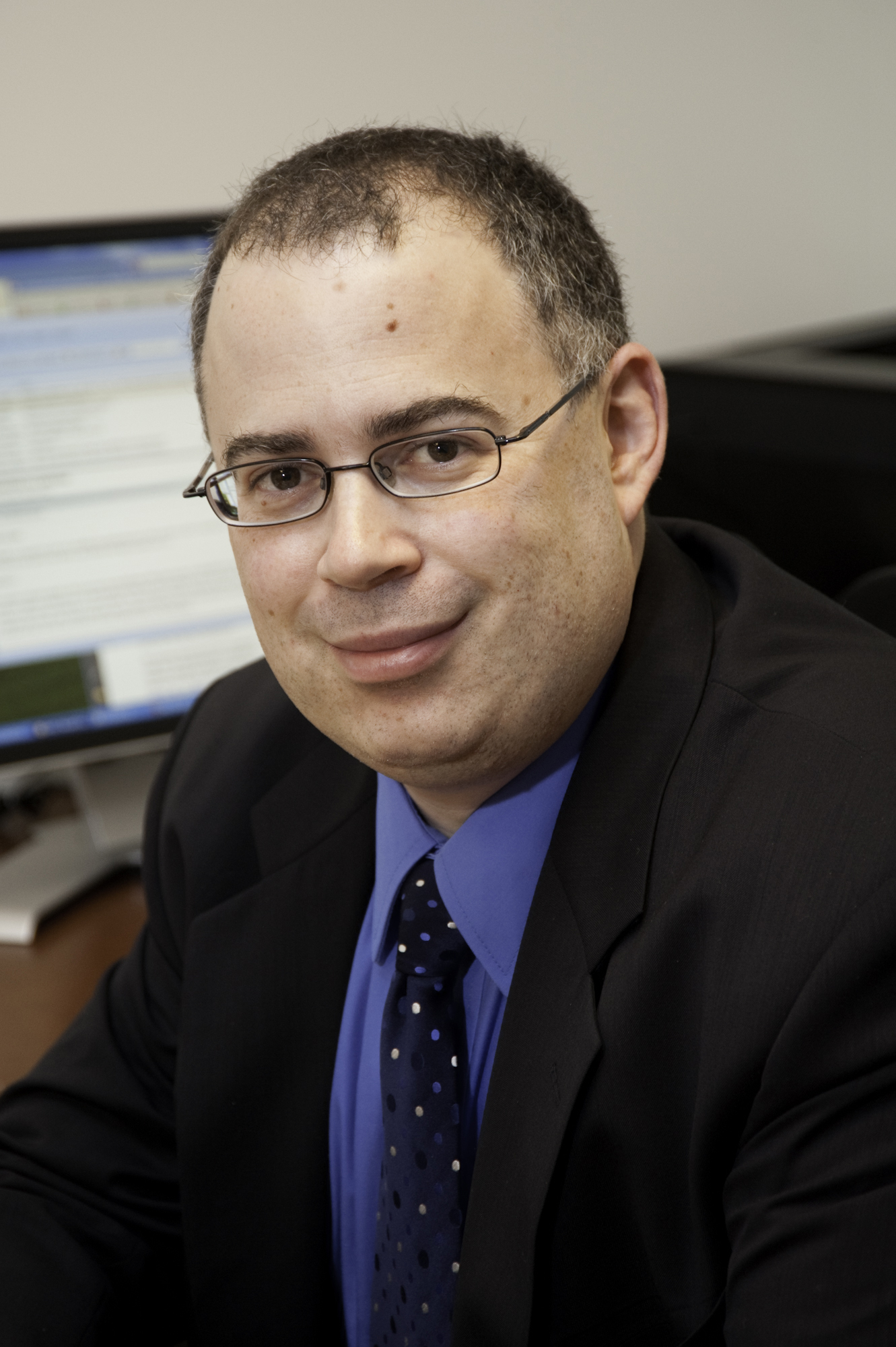Locking up rapists, wife-beaters, and murderers takes a lot of time, a lot of effort, and a lot of taxpayer money. In the past year, the budget crisis has meant that there are 36 less prosecutors in King County to perform these basic civic duties. So why would the head of an agency that, like most others, has been decimated by the recession be “frustrated” by the news that he’s getting one more warm body to fill out his roster?As The Seattle Times
reported on Wednesday, King County prosecutor Dan Satterberg isn’t happy because said new lawyer won’t be working on cases involving serious crimes like domestic abuse. Instead, he or she will be stationed in traffic court. Here’s why.King County prosecutor Dan Satterberg wishes his extra manpower could be used for serious crimes, rather than speeding tickets.Five years or so ago, she’s not sure exactly how many, King County District Court chief judge Barbara Linde says that the prosecutor normally assigned to traffic court was removed so that the proceedings could be more “efficient.” (Read: a nice way to spin saving a few extra bucks.)The law was even changed so that the judge could read the charges against the defendant, a task usually reserved for the prosecutor. What happened next was predictable. Without someone to argue the other side, more cases got dismissed and less money went into the county’s coffers; Linde says that nearly half the defendants who show up at court with a lawyer now leave with a dismissal, no matter how strong the evidence against them.Linde says she sympathizes with Satterberg, whose office referred all questions back to her. “He’s frustrated by the severe budget shortage? Well, so am I,” she tells Seattle Weekly. “I’m frustrated that we had to lay off probation officers in our court.”Linde acknowledges that the county wouldn’t be ponying up any cash for a traffic-court prosecutor if it didn’t expect a return on its investment. “The only reason there’s money for this position is because it’s expected to pay for itself,” she says, referencing Kitsap County’s announcement on Monday that it expects to generate $148,000 a year in revenue by doing the same thing.But Linde says putting the prosecutor back in traffic court is about more than just money. She refers to a letter she says she got from a 30-year veteran of Metro transit who wrote her after watching a couple of hours of proceedings.”He said he thought police were intentionally leaving errors on tickets so that the wealthy could pay twice the amount of the fine but get the ticket removed from their record,” she says. “Obviously that is not what is happening. But it shows that members of the public have seen a system that looks bad. We’ve got to win back their confidence.”






